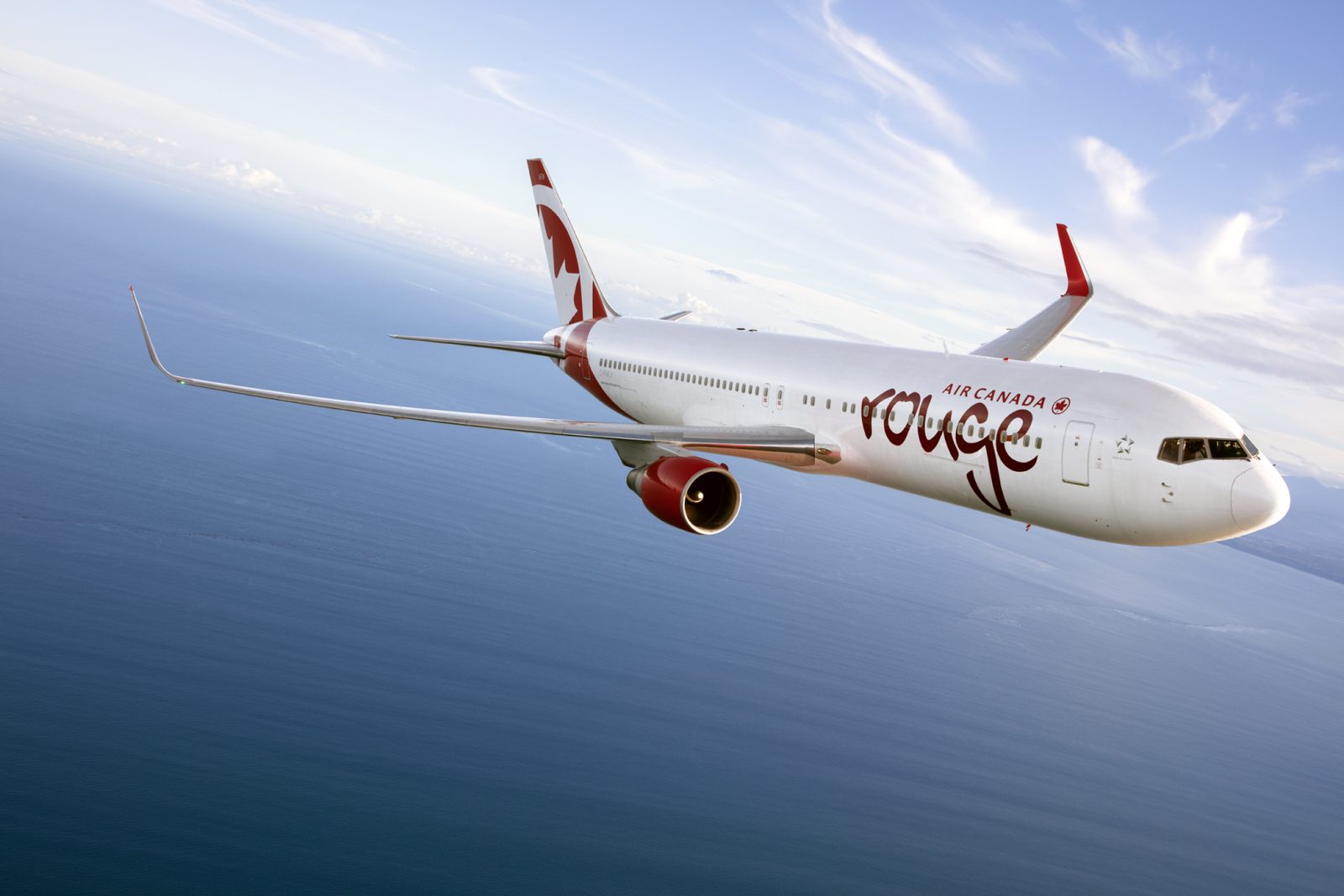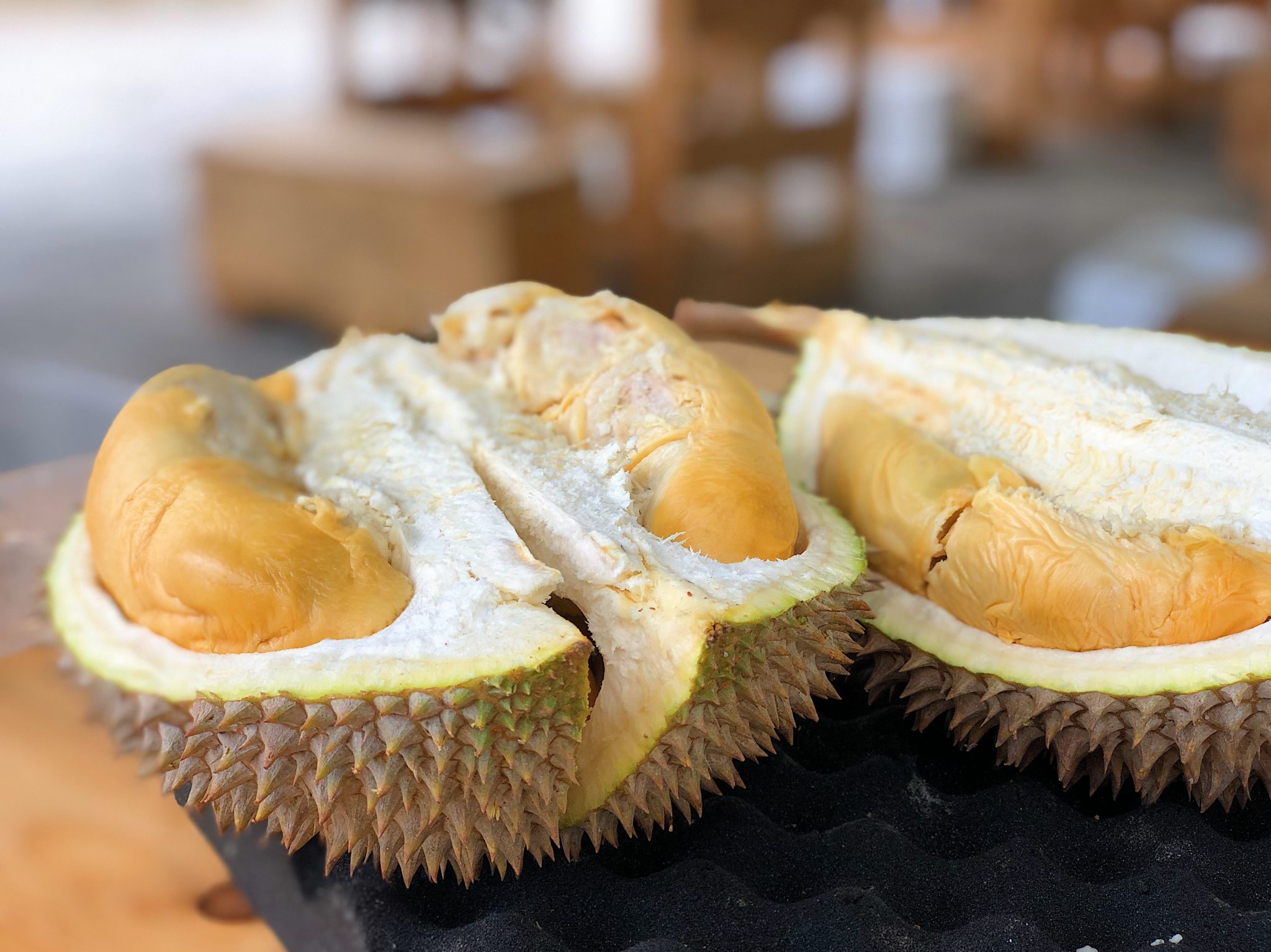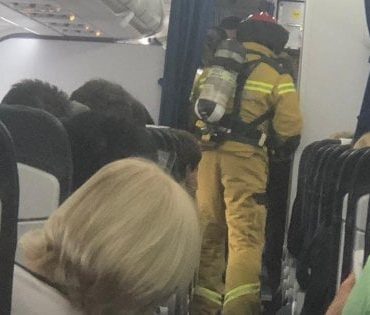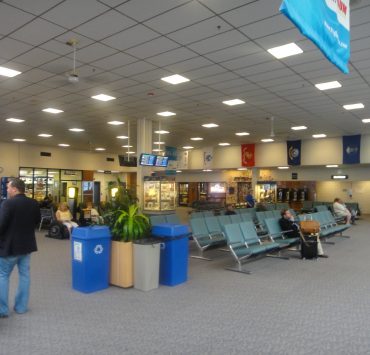
The pilots of a recent Air Canada Rouge flight between Vancouver and Montreal were forced to declare an inflight emergency and put on emergency oxygen masks because of an overpowering smell that permeated the entire flight deck and passenger cabin. There’s been a lot of talk recently of potentially toxic ‘fume events’ occurring onboard aircraft but thankfully the offputting smell on this flight had a far more innocent explanation.
It turns out the smell was being caused by a shipment of Durian fruit that had been placed in the forward cargo hold according to the Transportation Safety Board of Canada. Durian is most commonly found across Southeast Asia where it is a popular fruit and regularly seen at markets – But it is also infamous for what some describe as it’s “rank smelling” odour.

The smell that Durian can kick out is so infamous that despite its popularity, the fruit is banned from a lot of public transit systems in the region. In countries such as Singapore and Japan, there are even signs on subway trains informing passengers that Durian fruit cannot be brought onboard.
And yet, while there’s no denying that Durian’s stink, trying to describe the smell and taste is a task that regularly divides opinion.
Not that the pilots of Air Canada Rouge flight RV1566 knew this at the time. Shortly after the September 17 flight took off from Vancouver airport, they had declared what is known as “Pan-Pan” – the second-highest distress call below a Mayday message. They put on emergency oxygen masks to protect themselves from the foul stench and quickly made a return to Vancouver, landing just over 30 minutes later.
All 245 passengers and 8 crew members onboard were unharmed. Interestingly, reports suggest the aircraft then remained on the ground for 20-hours before being returned to service – perhaps a symptom of the fact that the smell from Durian can linger for a long time even after the fruit is gone.
Interestingly, the risk of Durian fruit causing this sort of incident is well known in Southeast Asia. Back in 2017, there are reports of the first successful air transport of 10 crates of Durian from Thailand to China – the experiment notes that although the cargo hold smelled of Durian, the odour hadn’t leaked into the passenger cabin.
But that can’t be said of a November 2018 incident in Jarkata when Sriwijaya Air attempted to transport two tonnes of the fruit on a single flight. Passengers refused to board the plane because the stench was so bad.
“Durian is not classified as a hazardous material to be transported on a plane,” a Sriwijaya Air spokesperson noted at the time.
Mateusz Maszczynski honed his skills as an international flight attendant at the most prominent airline in the Middle East and has been flying throughout the COVID-19 pandemic for a well-known European airline. Matt is passionate about the aviation industry and has become an expert in passenger experience and human-centric stories. Always keeping an ear close to the ground, Matt's industry insights, analysis and news coverage is frequently relied upon by some of the biggest names in journalism.









